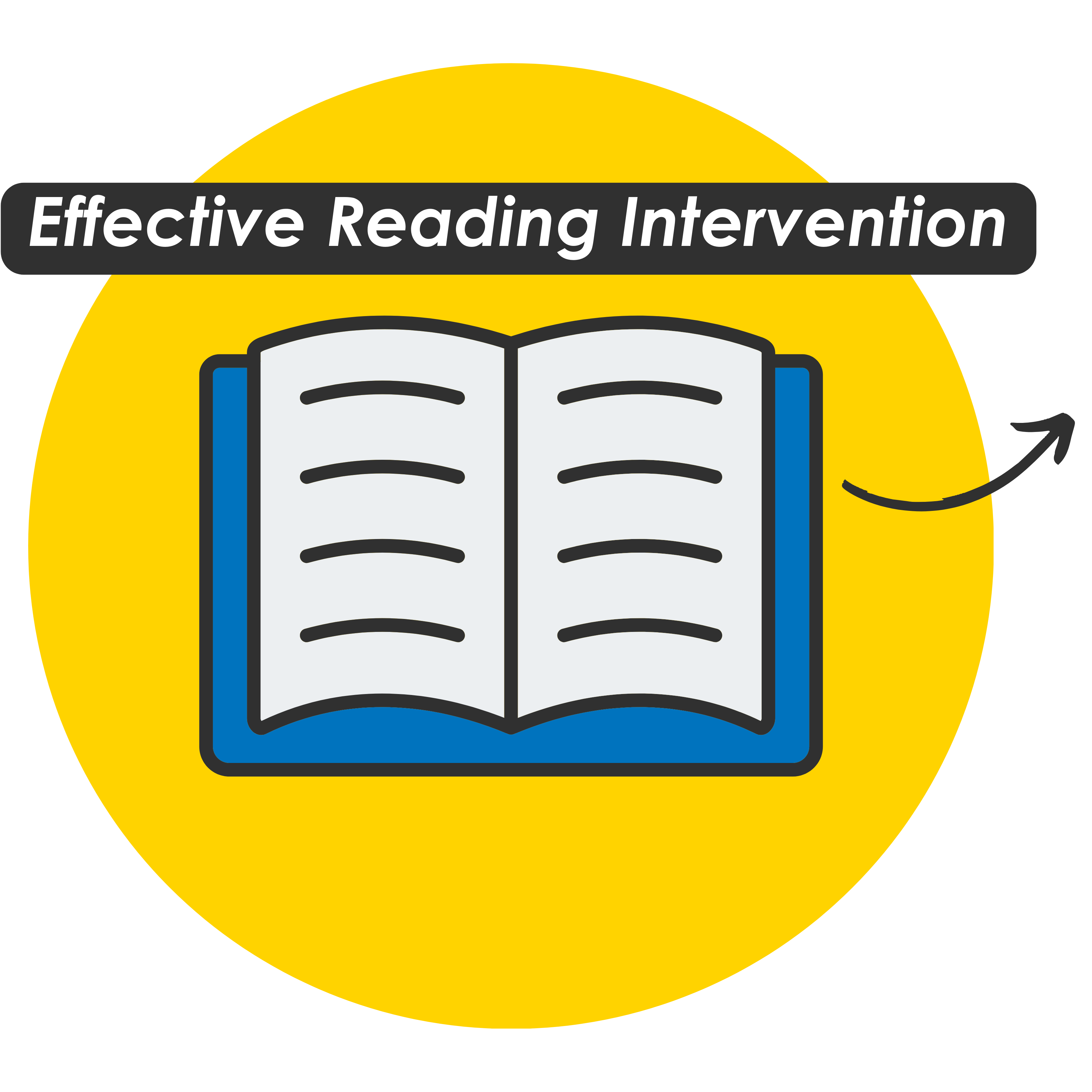When implementing a research-based reading intervention program, it's crucial to incorporate evidence-based practices to ensure its effectiveness. Here are seven must-haves for a research-based reading intervention: Additionally, it's essential to stay up-to-date with the latest research and evidence-based practices in reading instruction. Periodically review and adapt your intervention program based on emerging research findings and the specific needs of your students. Are you looking for a Science of Reading curriculum solution? Don't make a decision without looking at our exceptional, efficient, and scientifically aligned approach used in our reading programs. We have been teaching the Science of Reading for 18 years. Whether it be our professional development, diagnostics, student grouping, reading interventions, and whole class reading instruction, everything we offer is firmly and deeply rooted in the Science of Reading.
7 Key Elements for Effective Reading Interventions
 Screening and Assessment Tools
Screening and Assessment Tools Individualized Instruction
Individualized Instruction  Explicit and Systematic Phonics Instruction
Explicit and Systematic Phonics Instruction Frequent Progress Monitoring
Frequent Progress Monitoring Small Group or One-on-One Instruction
Small Group or One-on-One Instruction  High-Quality Reading Materials
High-Quality Reading Materials
 Professional Development and Training
Professional Development and Training
Speak to an Expert. Schedule a Science of Reading Curriculum Overview
Schedule Here
Exciting changes are on the way - stay tuned for RGR's fresh new look!

The Product has been added to the shopping cart successfully
Begin by using reliable and valid screening assessments to identify students' reading difficulties accurately. Common tools include DIBELS (Dynamic Indicators of Basic Early Literacy Skills), AIMSweb, or other state-approved assessments.
Tailor the intervention to meet each student's specific needs. Use assessment data to identify areas of weakness and provide targeted instruction in phonics, fluency, vocabulary, comprehension, or other identified areas.
Incorporate explicit, systematic, and evidence-based phonics instruction. Research shows that phonics instruction is critical for struggling readers, and it should be delivered in a structured manner.
Continuously assess and monitor students' progress throughout the intervention. Regular progress monitoring helps to adjust instruction and track improvements or setbacks.
Effective reading interventions often involve small group or one-on-one instruction. This allows for more personalized attention and targeted instruction based on individual needs.
Select reading materials that are appropriate for the student's skill level and interests. Ensure that the texts are engaging and align with the goals of the intervention in order to maintain motivation.
Ensure that teachers and interventionists receive proper training in the selected intervention program and in research-based strategies. Ongoing professional development can improve the quality of instruction.
Remember that an effective research-based reading intervention program should be flexible and responsive to individual student needs, and it should be grounded in the latest scientific research on reading instruction and intervention.
About Us
Really Great Reading believes that every student has the right to appropriate, high-quality, foundational-skills reading instruction. We are focused on preventing and remediating decoding weaknesses in students in all grades (and even adults). We provide educators with the tools and knowledge to teach all students (not just those who learn easily) to read. We make assessment and grouping practical, efficient, and accurate. Our approach to reading instruction is research-based, interactive, explicit, structured, and multisensory. In our lessons, students not only learn to read, but enjoy the intelligent and age appropriate learning process.
Online Tools
Letter Tiles & Whiteboards
Address
Really Great Reading CompanyPO Box 46
Cabin John, MD 20818 Monday thru Friday
P: 866.401.READ (7323)
F: 240.465.0478 (Please call to confirm that we received your fax) info@reallygreatreading.com Ordering Information Careers Contact Us! Privacy Policy Terms of Service Accessibility Conformance Report
Copyright © 2024 Really Great Reading® All Rights Reserved

